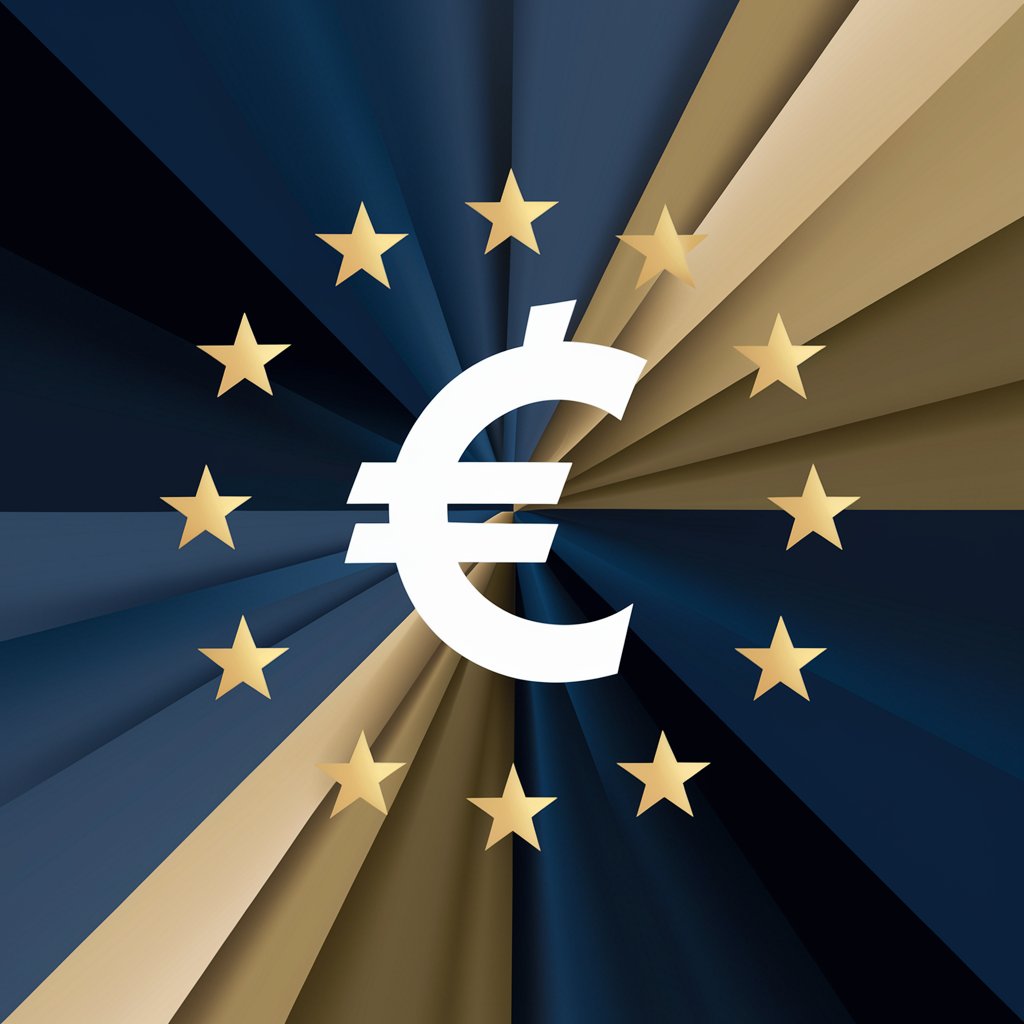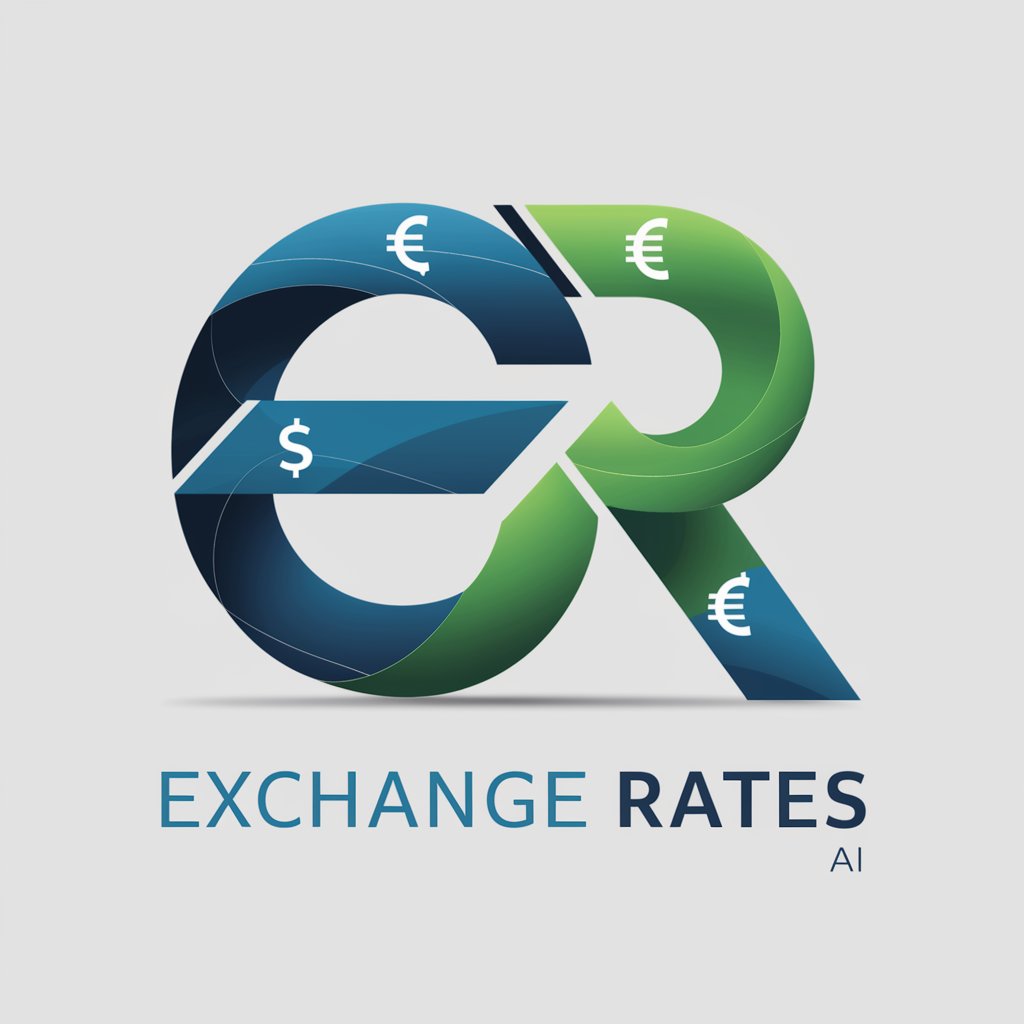
Euro - Euro Currency Insight

Hello! How can I assist you with information about the Euro today?
Unlocking Euro's Economic Insights with AI
Explain the history and evolution of the Euro.
Compare the Euro to other major global currencies.
Discuss the economic impact of the Euro on member countries.
Provide an analysis of recent trends in Euro exchange rates.
Get Embed Code
Overview of Euro
The Euro (€) is the official currency of 19 out of the 27 European Union countries, known collectively as the Eurozone. It was introduced to world financial markets as an accounting currency on January 1, 1999, and launched in physical form (banknotes and coins) on January 1, 2002. The Euro is designed to facilitate a single European market, promoting economic stability, making travel easier, and offering a secure and stable currency for international trade. Its creation was a major step in European integration. For example, a French tourist can travel to Italy without needing to exchange currency, and a German company can import Spanish goods without worrying about foreign exchange rates. Powered by ChatGPT-4o。

Core Functions of the Euro
Facilitation of Trade and Investment
Example
A Dutch company importing goods from Portugal no longer needs to hedge against currency risk, simplifying transactions and potentially lowering costs.
Scenario
This is particularly useful in the context of the European Single Market, where goods, services, capital, and people move freely.
Price Transparency and Comparison
Example
Consumers and businesses can easily compare prices across Eurozone countries, such as comparing car prices in France and Spain, fostering competition and economic efficiency.
Scenario
This transparency supports the European Single Market by encouraging cross-border shopping and investment.
Monetary Policy and Economic Stability
Example
The European Central Bank (ECB) uses the Euro to implement monetary policy aimed at maintaining price stability across the Eurozone.
Scenario
During economic downturns, the ECB can adjust interest rates or engage in quantitative easing to stimulate the economy.
Who Benefits from Using the Euro?
Businesses within the Eurozone
Businesses benefit from reduced currency exchange risk, lower transaction costs, and a larger, more integrated market for their goods and services. The Euro simplifies accounting and financial reporting, making it easier for companies to operate across borders.
Travelers and Expatriates within the Eurozone
Individuals traveling or living within Eurozone countries enjoy the convenience of not having to exchange currencies. This not only saves time and money but also facilitates a more seamless experience when moving or traveling across Europe.
Investors and Financial Institutions
Investors and financial institutions benefit from a large liquid market for Euro-denominated assets, including bonds and equities. The Euro provides a stable and reliable currency for investment, hedging against currency risk in international portfolios.

How to Use Euro
1
Start with a free trial at yeschat.ai, no signup or ChatGPT Plus required.
2
Familiarize yourself with the Euro's capabilities by exploring its extensive knowledge base on the Euro currency, including exchange rates, history, and economic impact.
3
Utilize Euro for specific inquiries like comparing the Euro to other currencies, understanding its role in international trade, or its historical significance.
4
Engage with Euro for educational purposes, such as learning about the economic principles behind currency valuation and the Eurozone's monetary policy.
5
For optimal experience, clarify your questions to be specific about the type of information you're seeking regarding the Euro to receive tailored, accurate responses.
Try other advanced and practical GPTs
Oasis Coaching Consistency Expert
Elevate Gymnastics Coaching with AI

분석독해 Master
Master English Structures with AI

Ala Zrafi the Dance Studio Maestro
Empowering Your Dance Journey with AI

Mike
Empowering Your Tech Career Journey

FCM Case Study Creator
Craft Winning Case Studies with AI

"د کورنۍ ډاکټر"
Empowering Your Health Decisions with AI

Local
Empowering local discovery with AI

Gentleman's Guide GPT
Your AI-powered Style and Grooming Mentor

Dish Soap
Sparkling Clean with AI-Driven Advice

Trend Tracker
Empowering Decisions with AI-Powered Trends

BartabbGPT
AI-Powered Cocktail and Rewards Expert

Furnishings
Elevate your space with AI-powered design insights.

Euro Q&A
What is the history behind the Euro?
The Euro was introduced in 1999 as a major step in European economic integration. It began as a virtual currency for electronic payments and accounting purposes, with coins and banknotes entering circulation in 2002. It aimed to unify the diverse European economies under a single currency, facilitating easier trade and investment.
How is the exchange rate of the Euro determined?
The Euro's exchange rate is determined by the foreign exchange market, where currencies are traded. Factors influencing its value include economic indicators, interest rates set by the European Central Bank, political stability, and market speculation.
Can the Euro be used outside the Eurozone?
Yes, the Euro is widely accepted in many countries outside the Eurozone, especially in areas with close economic ties to Europe. It's also a preferred currency for transactions in various global markets.
What impact does the Euro have on global economics?
The Euro plays a significant role in the global economy, being one of the leading reserve currencies. It influences international trade, investment, and economic policies beyond the Eurozone, affecting global exchange rates, inflation, and economic growth.
How does the Euro affect travel and tourism?
For travelers within the Eurozone, the Euro eliminates the need for currency exchange, making travel more convenient and reducing costs. It simplifies pricing and transactions for tourists, promoting cross-border travel and economic interconnectivity within Europe.





